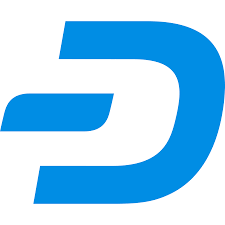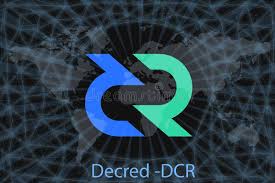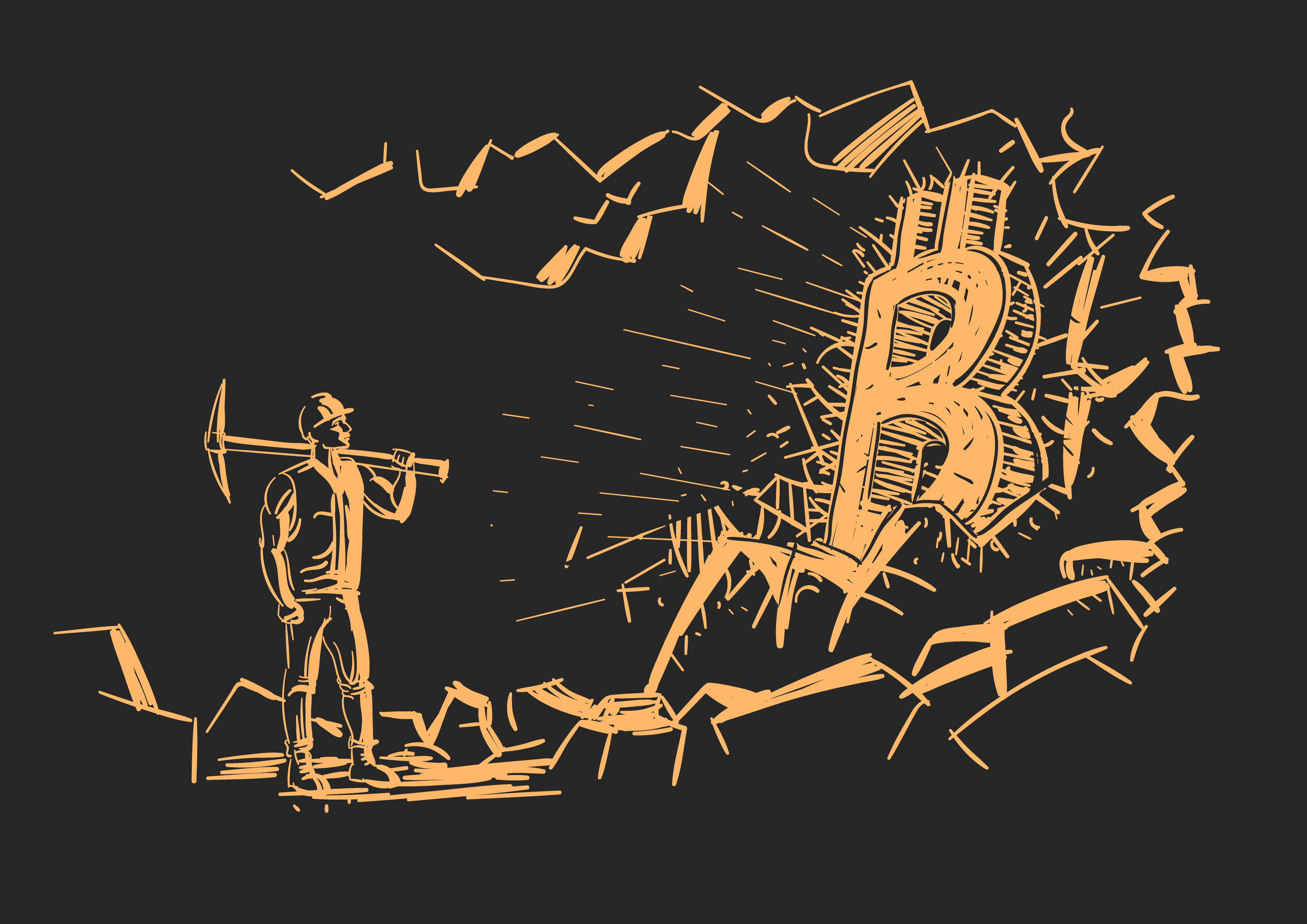In August 2017, the Bitcoin blockchain split into two separate blockchains, resulting in a new digital currency called Bitcoin Cash. This was preceded by a fierce discussion about how to solve the problem of Bitcoin’s scalability.
In this article, you will learn how Bitcoin (BTC) differs from Bitcoin Cash (BCH).

Bitcoin
In 2009, after the release of its white paper describing the creation of a decentralized digital p2p system, bitcoin became the world’s first cryptocurrency. Today, bitcoin is the recognized alternative currency with a market capitalization of over $ 50 billion and a single coin price that has long surpassed the cost of a troy ounce of gold. Bitcoin is now being used as a currency for online settlements, a store of funds, or a new alternative investment.
However, with the increasing interest in Bitcoin, the load on its network has grown enormously, which has led to slower transactions and costlier fees for users. It became obvious that bitcoin would require modernization for future development.
Difference between Bitcoin and Bitcoin Cash
The main distinction between BTC and BCH is the block size. Bitcoin’s block size is limited to 1 MB, while Bitcoin Cash gives an 8 MB block. If a bitcoin block contains about 2500 transactions, then for the first BCH blocks this figure reaches 7000. Thus, the prospects for Bitcoin Cash in terms of scalability look much better at first glance.
However, most Bitcoin infrastructures (wallets, payment services, etc.) do not support Bitcoin Cash and consider it just another altcoin, not a “new bitcoin”. This means that its use is still limited to speculation on stock exchanges.
All of this brings us to the question of the real value of BCH. If buyers and sellers are not ready to use and accept it, why should its value rise? At the moment, Bitcoin Cash is supported by only a small part of the community who like the idea of increasing the block size. The rest of the participants stayed on the side of Bitcoin and SegWit.
If you choose where to invest your money, then Bitcoin still looks like the best option. Bitcoin Cash can collapse at any time and end up at the bottom of the cryptocurrency table, becoming another altcoin with little real value.
Scaling Bitcoin
The developers of the first cryptocurrency do not close their eyes to the problem of scaling. So, Segwit was implemented to effectively double the block size. As of July 2018, about 40% of payments are made by Segwit, and the number continues to grow. The bitcoin blockchain can process no more than 7 transactions per second, which is not enough for the global economy. In comparison, Visa can process about 24,000 transactions per second. But Bitcoin users value decentralization above all else.
Bitcoin proponents want as many people as possible to download the full blockchain to verify payments. With a 1MB block added approximately every 10 minutes, the blockchain is already over 200GB. If the blocks weighed, even more, it would become much more difficult for people to store a complete blockchain on their computers, which would ultimately lead to the loss of decentralization. The larger the block size, the more bandwidth is required to send and validate them.
Bitcoin’s scaling solution currently involves the creation of a second layer on top of the main blockchain known as the Lightning Network. The Lightning Network, if properly scaled and implemented, will enable near-instant and free bitcoin transactions. Such figures will completely eclipse the number of transactions at Visa. The Lightning Network is currently under development, but progress is growing every day. Another advantage of Lightning is that if this network goes down, the main Bitcoin blockchain will continue to operate.
Scaling Bitcoin Cash
Bitcoin Cash has abandoned the implementation of Segwit as a prerequisite for using the Lightning Network. Instead, the block size was simply increased to 8 MB, which eventually resulted in an indicator of 40-90 transactions per second. After increasing the block size to 32 MB, this number has increased several times.
At current levels of demand, Bitcoin Cash can process most payments in about 10 minutes at an average rate of about a tenth of a cent. A similar fee on the Bitcoin network is currently around 15 cents. But even with a block size of 32 MB, the transaction speed is significantly lower than required for global demand. Therefore, the developers of Bitcoin Unlimited are already testing the idea of a 1GB block and exploring the potential of 1TB.
One day the technology may reach a point where these dimensions are not an issue. However, this is not yet the case. With the addition of 1 GB to the blockchain every 10 minutes, the size will grow rapidly beyond the capacity of most personal computers. Only a small dedicated team with a huge amount of resources will be able to participate in blockchain validation. With the current state of technology, increasing block size reduces decentralization in exchange for faster transactions. But is this compromise worth it? The market does not think so, which is causing the price of BTC to be 10 times the price of BCH.










